
Recognizing Type 2 Diabetes Symptoms
Common symptoms of type 2 diabetes may include extreme thirst and frequent urination. You may also experience blurry vision, tiredness, and slow-healing cuts or wounds.
Many people with type 2 diabetes do not feel symptoms, especially if they’ve recently developed the condition after living with prediabetes.
Certain risk factors increaseTrusted Source the chances of developing T2D, and knowing that risk may help identify common diabetes symptoms early on. This can mean starting a care plan for better health, which can help preventTrusted Source long-term complications.
Consult your healthcare team if you regularly experience any of the above-mentioned symptoms. They may recommend diabetes testing, which is a basic blood draw. Routine diabetes screening normally starts when you reach 45 years old, or earlier if you have certain risk factors.
Learn more here about diagnosing type 2 diabetes and how that can help you be healthier.
Many people with T2D have obesity, but not all. This is a major risk factor for the condition. One of the hallmarks of T2D is high blood sugar, which can affect how you feel in several ways.
Frequent or increased urination
Elevated glucose levels force fluids from your cells. This increases the amount of fluid delivered to the kidneys. This makes you need to urinate more. It may also lead to dehydration.
Excessive thirst
As your tissues become dehydrated, you will become thirsty.
Increased thirst is another common diabetes symptom. The more you urinate, the more you need to drink, and vice versa.
Fatigue
Feeling worn down is another common symptom of diabetes. Glucose is normally one of the body’s main sources of energy. When cells cannot absorb sugar, you can become fatigued or feel exhausted.
Blurred vision
In the short term, high glucose levels can cause a swelling of the lens in the eye. This leads to blurry vision. Getting your blood sugar under control can help correct vision problems. If blood sugar levels remain high for a long time, other eye problems can occur.
Recurring infections and sores
Elevated glucose levels may make it harder for your body to heal. That means injuries like cuts and sores stay open longer, and it makes them more susceptible to infection.
Learn more about other symptoms you may experience with type 2 diabetes.
Yes, you can experience low blood sugar (hypoglycemia). These can be dangerous if not treated and could quickly become medical emergencies requiring immediate care.
For people with type 2 diabetes, those on glucose-lowering medications or insulin are at the most risk for low blood sugar.
Low blood sugar symptoms that you may notice include:
It is important to check with your doctor if you are having any symptoms of type 2 diabetes.
While you can slow or even put T2D into a state of remission where you don’t need medications or experience any symptoms, you can’t reverse this condition to make it completely go away.
For those diagnosed with type 2, if left untreated or not effectively managed, it can lead to serious health concerns and long-term damage to your body.
Possible effects of undiagnosed diabetes
People may not notice that they have high blood sugar levels because they don’t feel any symptoms. But over time, high blood sugar levels can lead to long-term complications, including:
- a higher risk for heart disease
- foot complications
- nerve damage
- eye diseases
- bladder infections
- kidney disease
You might adjust your eating habits, revise your physical activity routine, monitor your weight management, and monitor the effects of medications you take for blood sugar levels or other health conditions.
Some people may be able to stop taking T2D meds if they’ve already been taking them.
Common symptoms of type 2 diabetes may include extreme thirst and increased urination. However, some people don’t experience any symptoms, especially at first.
Long-term effects of higher blood sugars can damage parts of your body, including the heart, eyes, nerves, and other organs.
That is why it is best to recognize the symptoms early on. Then, you can work with your healthcare team to develop a diabetes care plan to manage the condition and help relieve — even reverse — some of those symptoms.
Want to know more about managing type 2 diabetes?
After you’ve been diagnosed with type 2 diabetes, you may work with your healthcare team to develop a care plan. Find out more about ways to manage your condition, certain medications that could help manage symptoms, and what life with T2D may be like for you.
News in the same category


A Breakthrough in Glioblastoma Immunotherapy: Rapid Tumor Regression with CARv3-TEAM-E
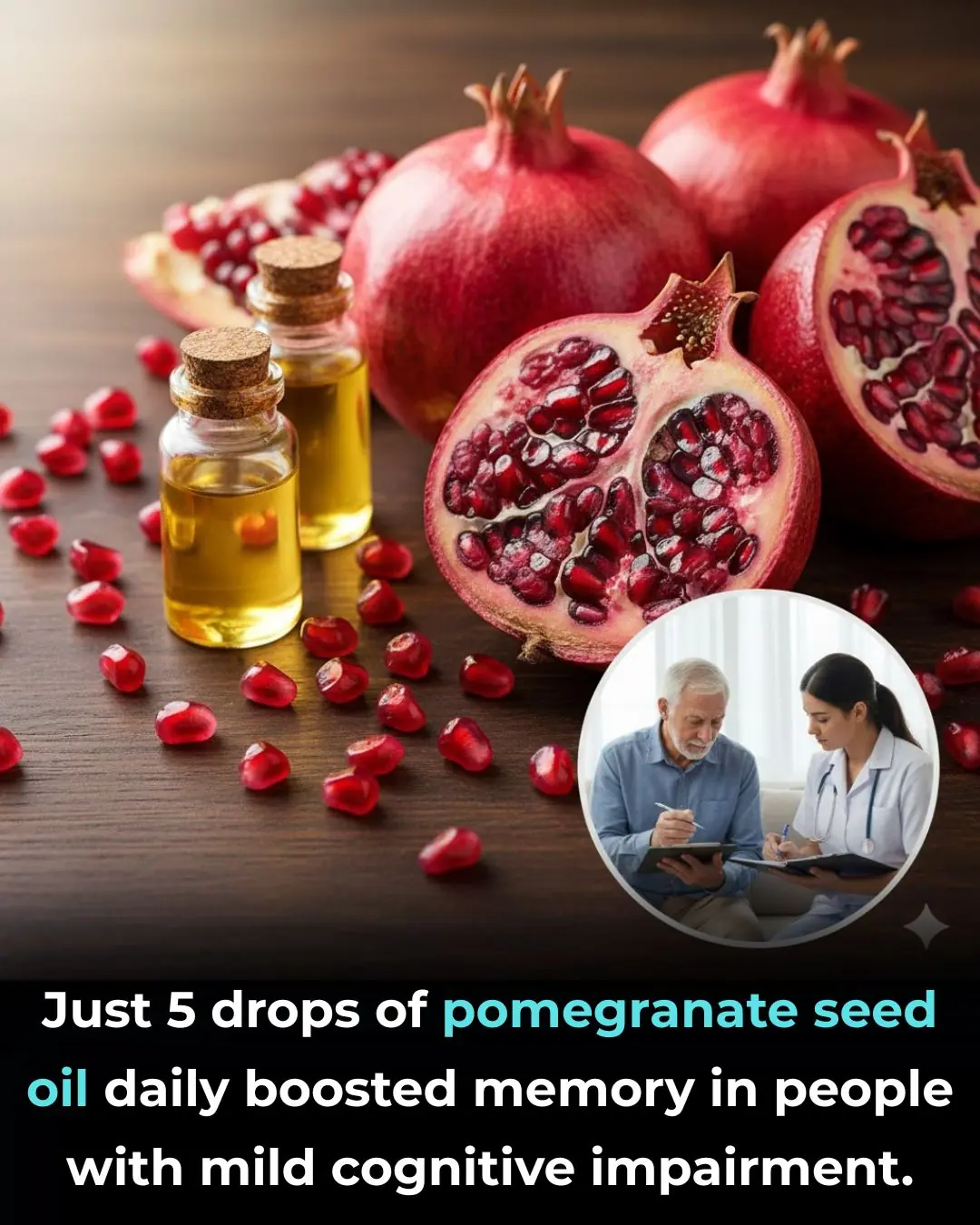
Pomegranate Seed Oil Supplementation and Cognitive Improvement in Mild Cognitive Impairment

Selective Anti-Cancer Effects of Frankincense: Evidence from Laboratory Studies
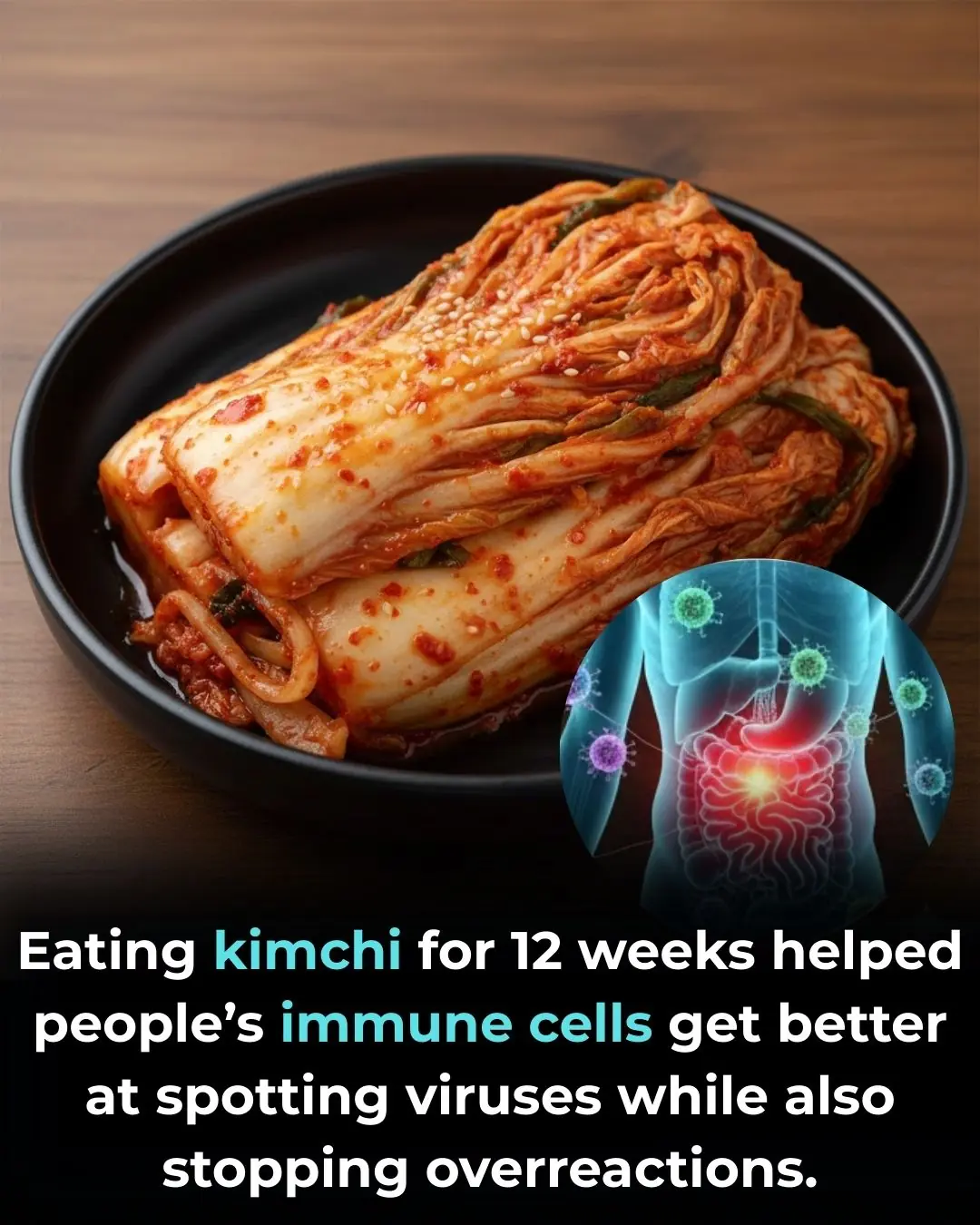
Kimchi Consumption and Immune Balance: Evidence from a 12-Week Human Clinical Study
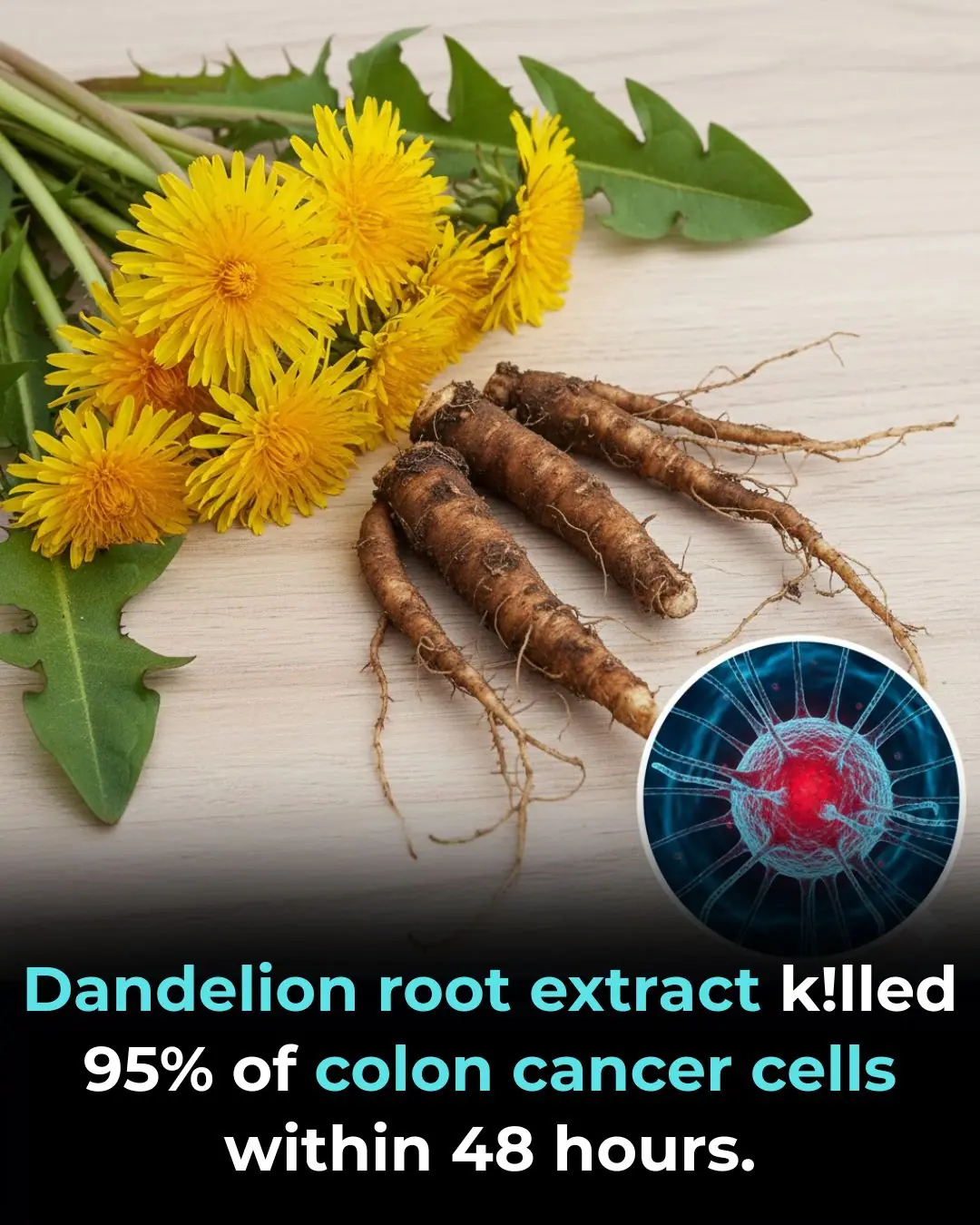
Selective Anti-Cancer Activity of Dandelion Root Extract in Colorectal Cancer
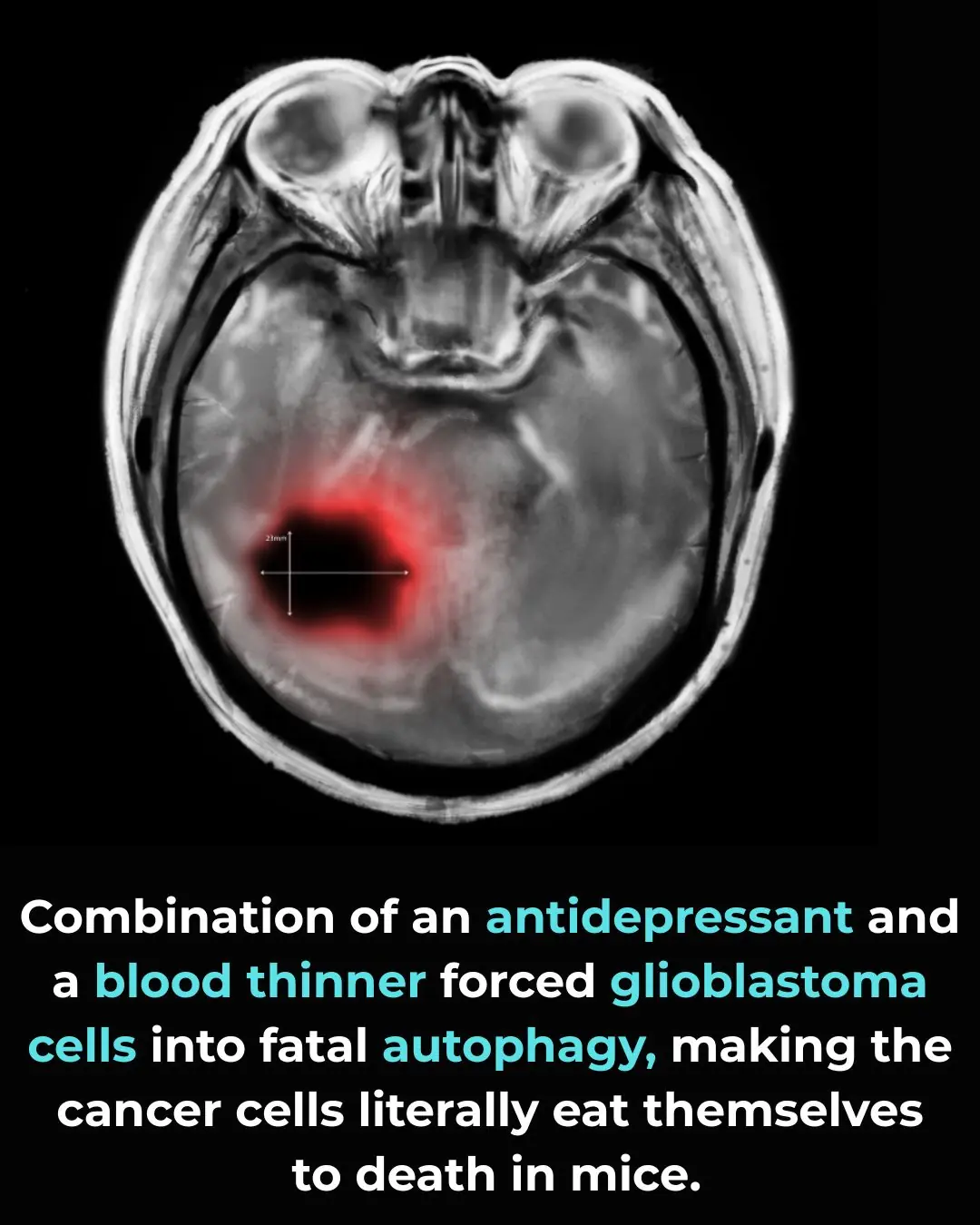
Inducing Lethal Autophagy in Glioblastoma Through Drug Repurposing
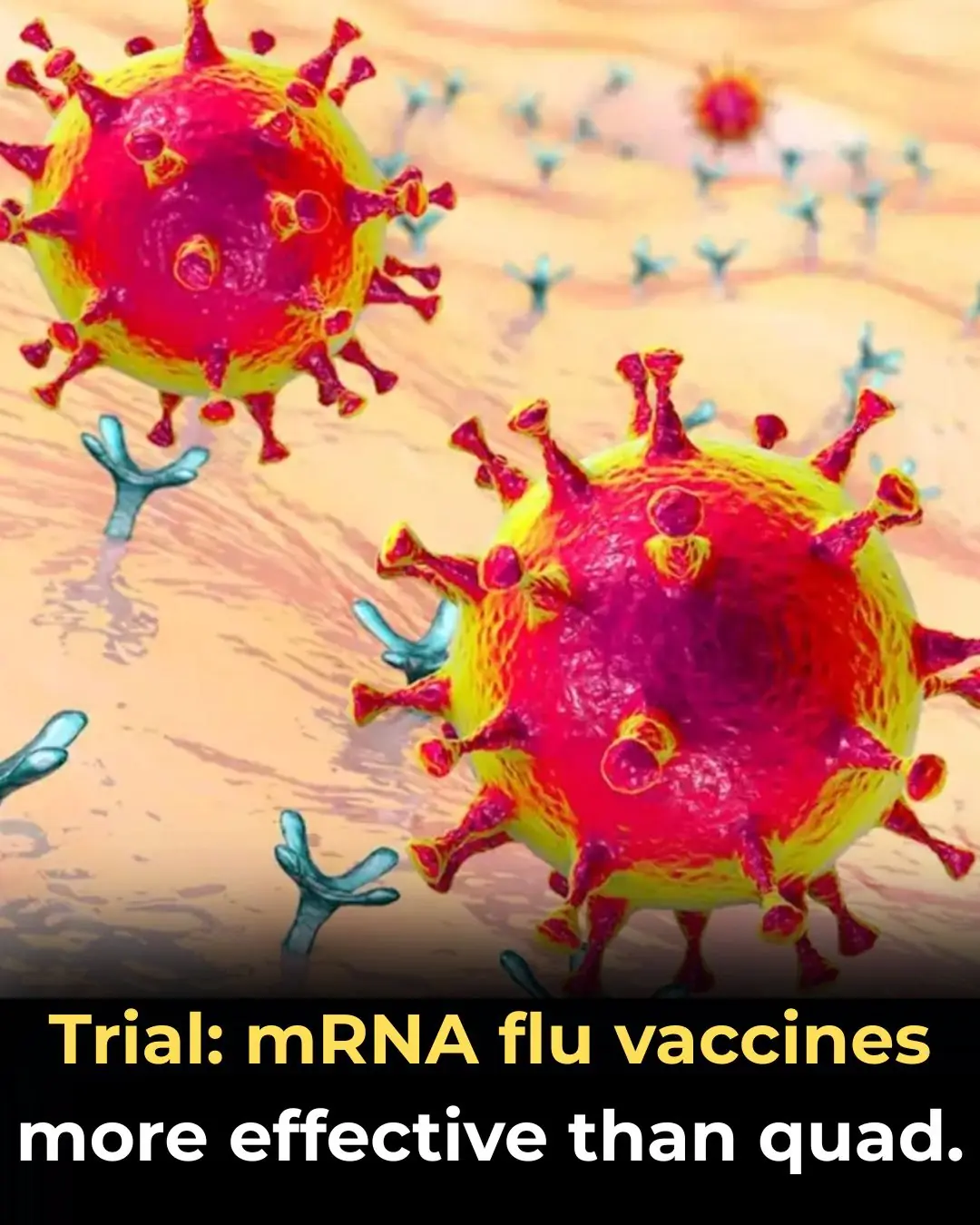
mRNA Flu Vaccines Show Higher Effectiveness Than Traditional Quadrivalent Shots, Phase 3 Trial Finds
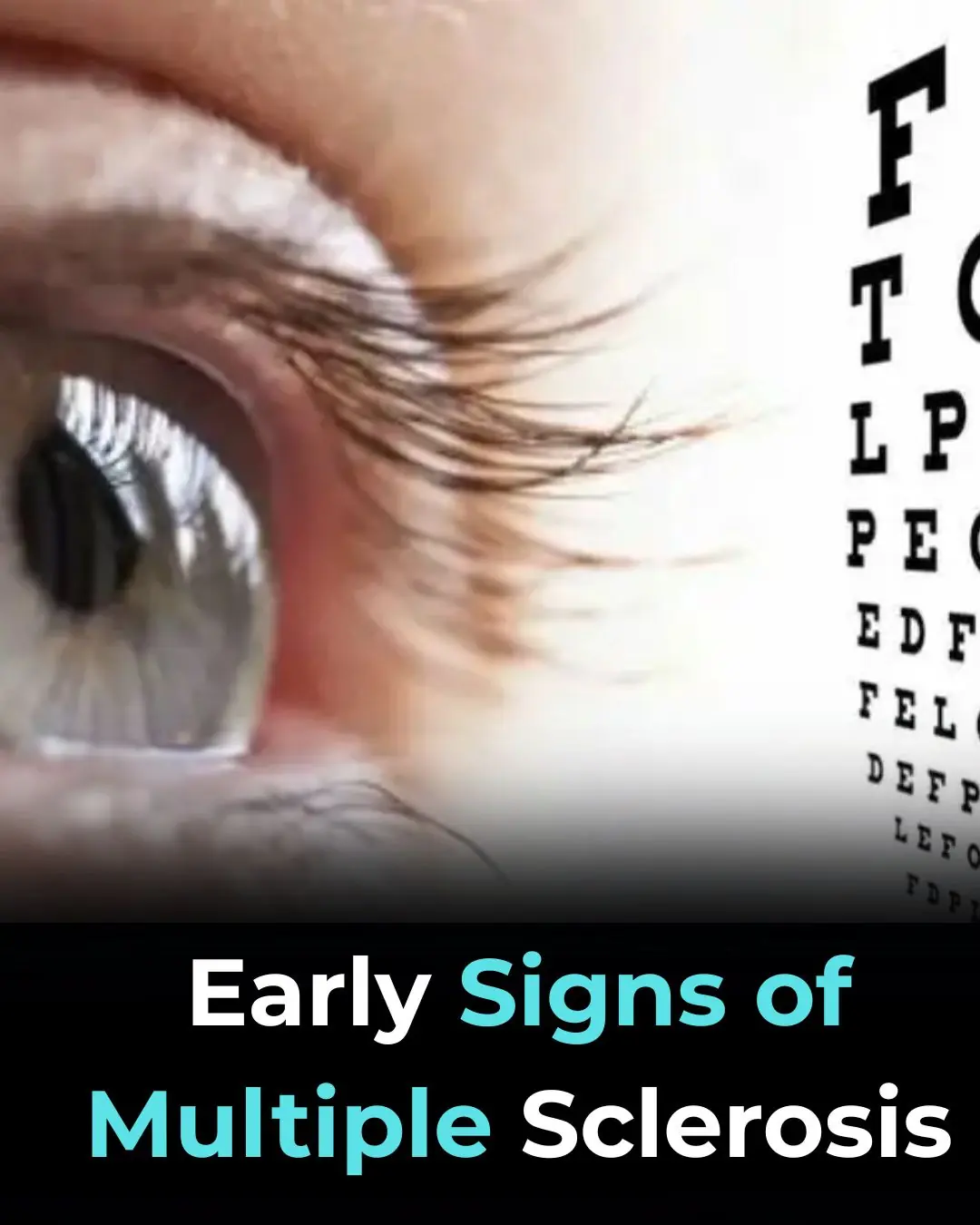
Early Signs of Multiple Sclerosis

11 Benefits of Going Caffeine-Free

5 Early Signs of Cervical Cancer That Are Often Ignored: 90% of Women Overlook Them

The Cheap Drink That Can Help Prevent Stroke, Reduce Blood Fat, and Fight Cancer
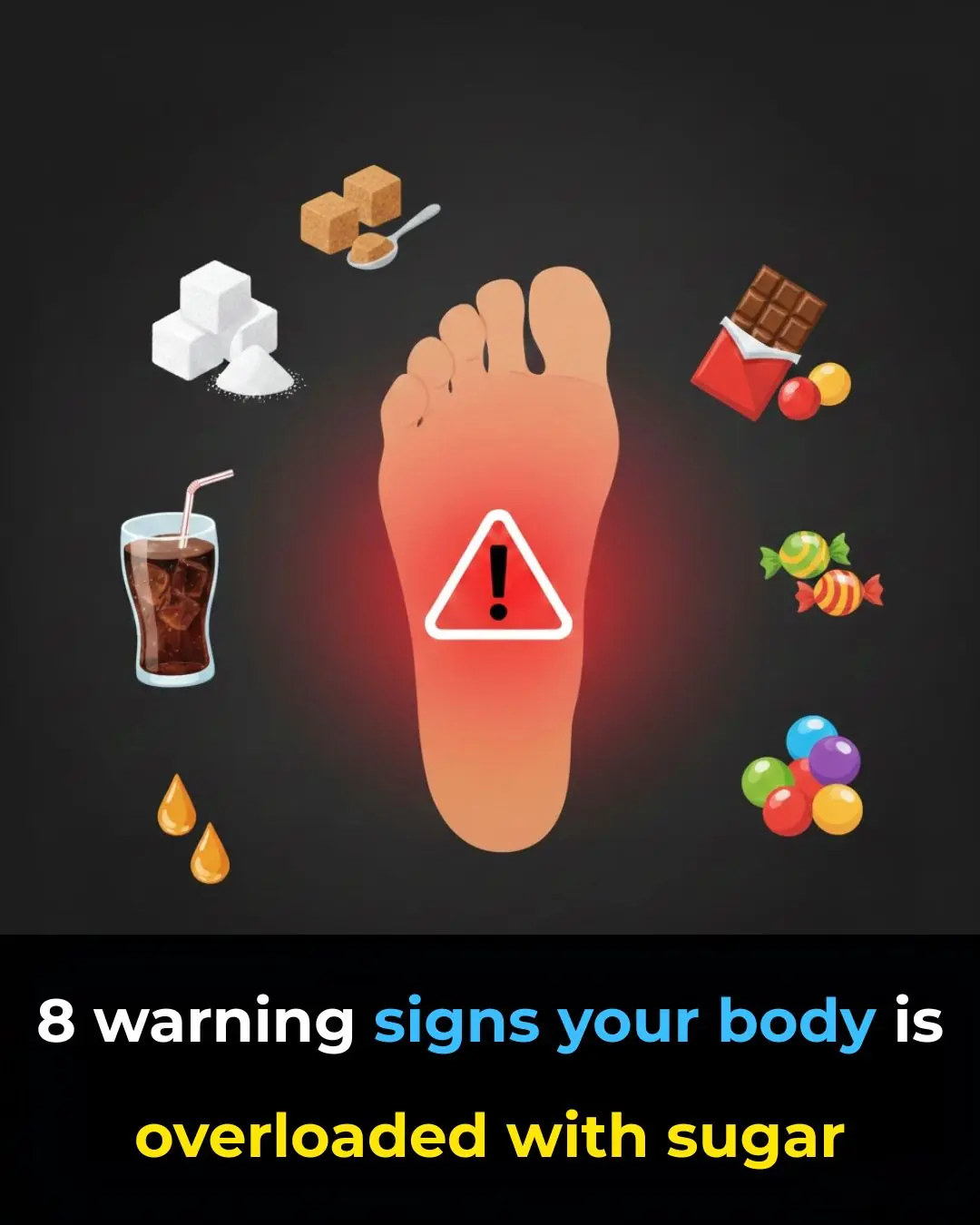
8 Signs You’re Eating Too Much Sugar

Accidental discovery of bone-eroding cancer after a fall: It turns out the body had been crying for help for a long time but was ignored
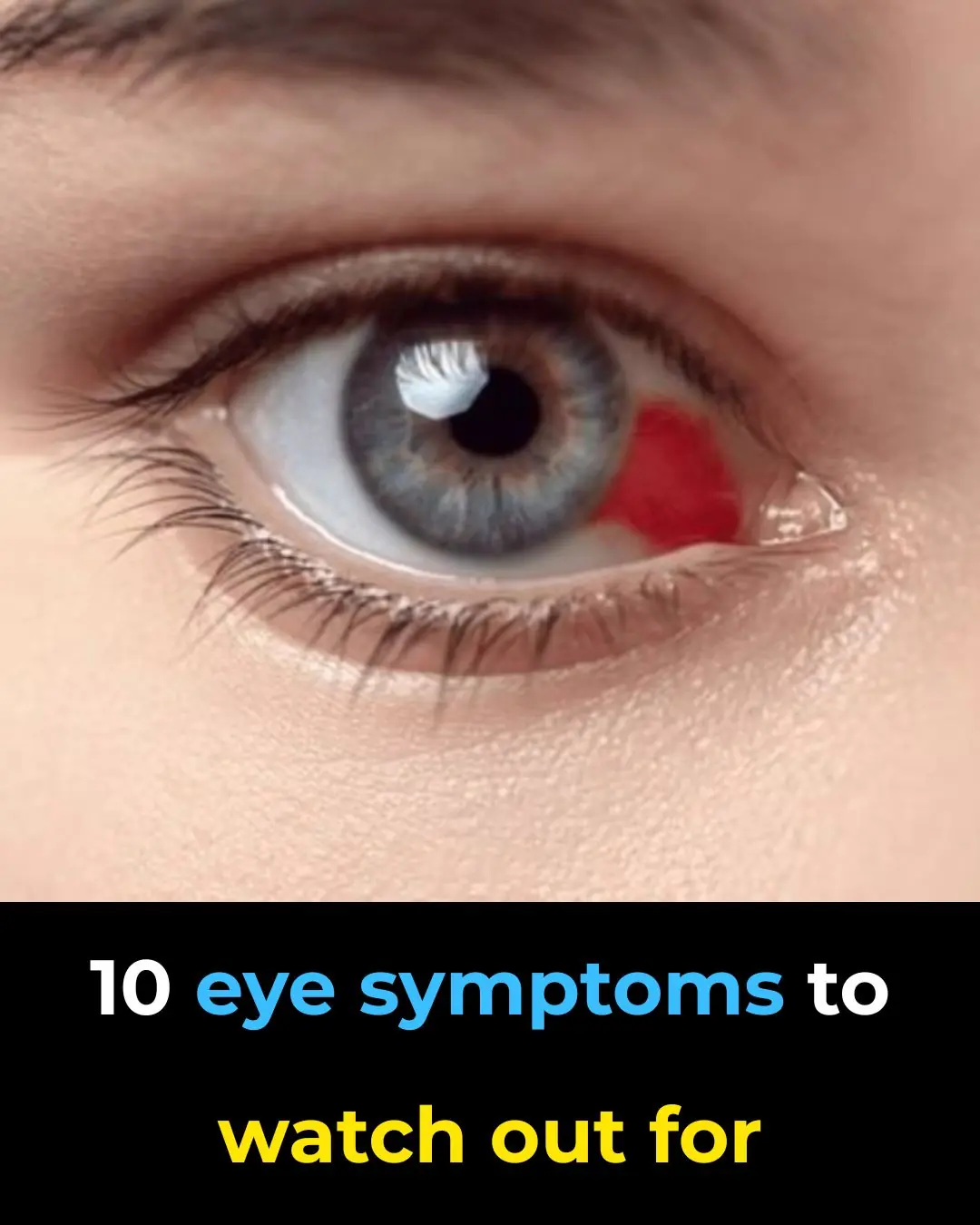
10 Eye Symptoms to Watch Out For
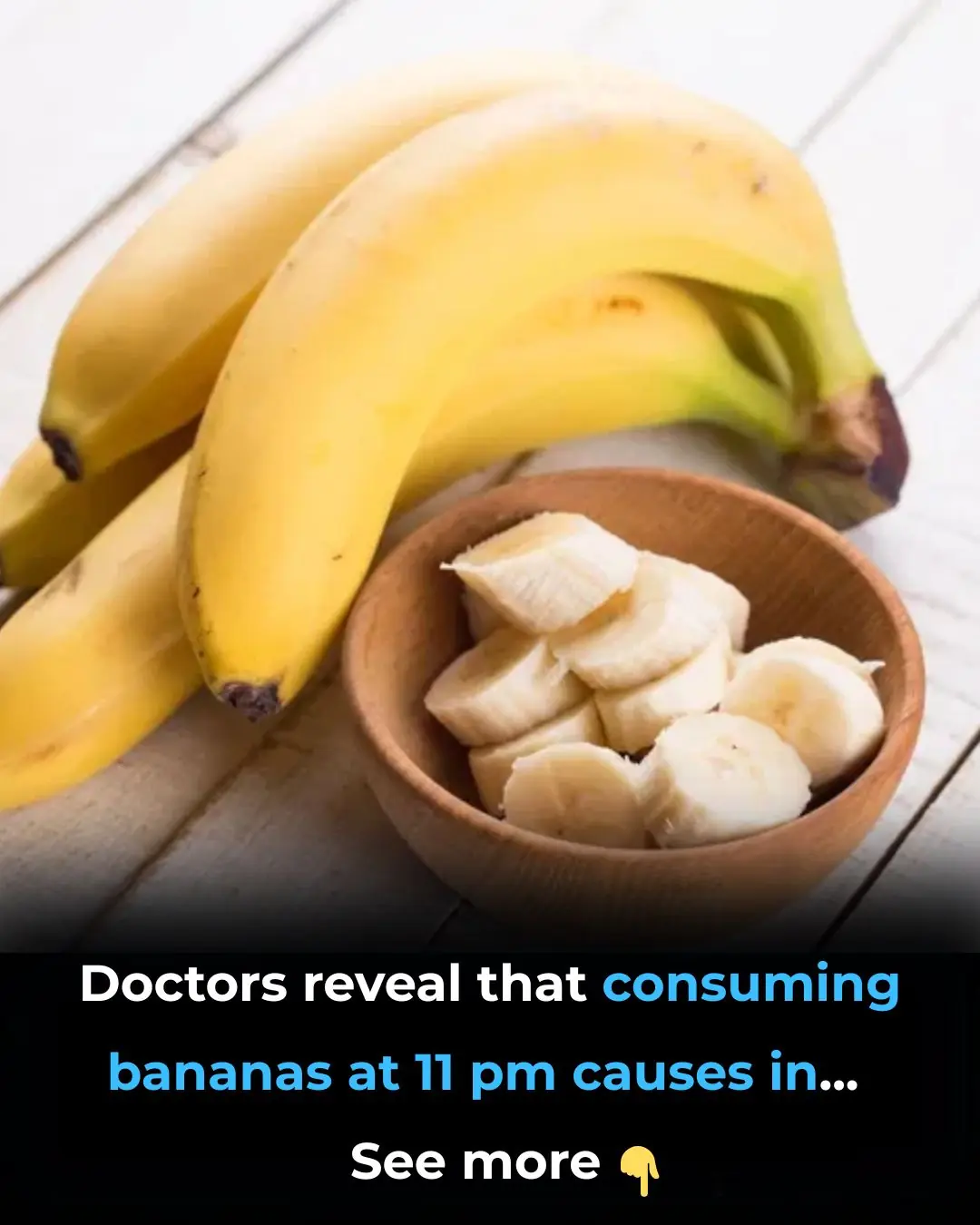
Does Eating Bananas Before Bed Have Any Benefits?

Can’t Fall Back Asleep After Waking Up to Use the Bathroom? Try These 5 Hacks

What Is Preventive Botox (or ‘Baby Botox’) — and Is It Safe?
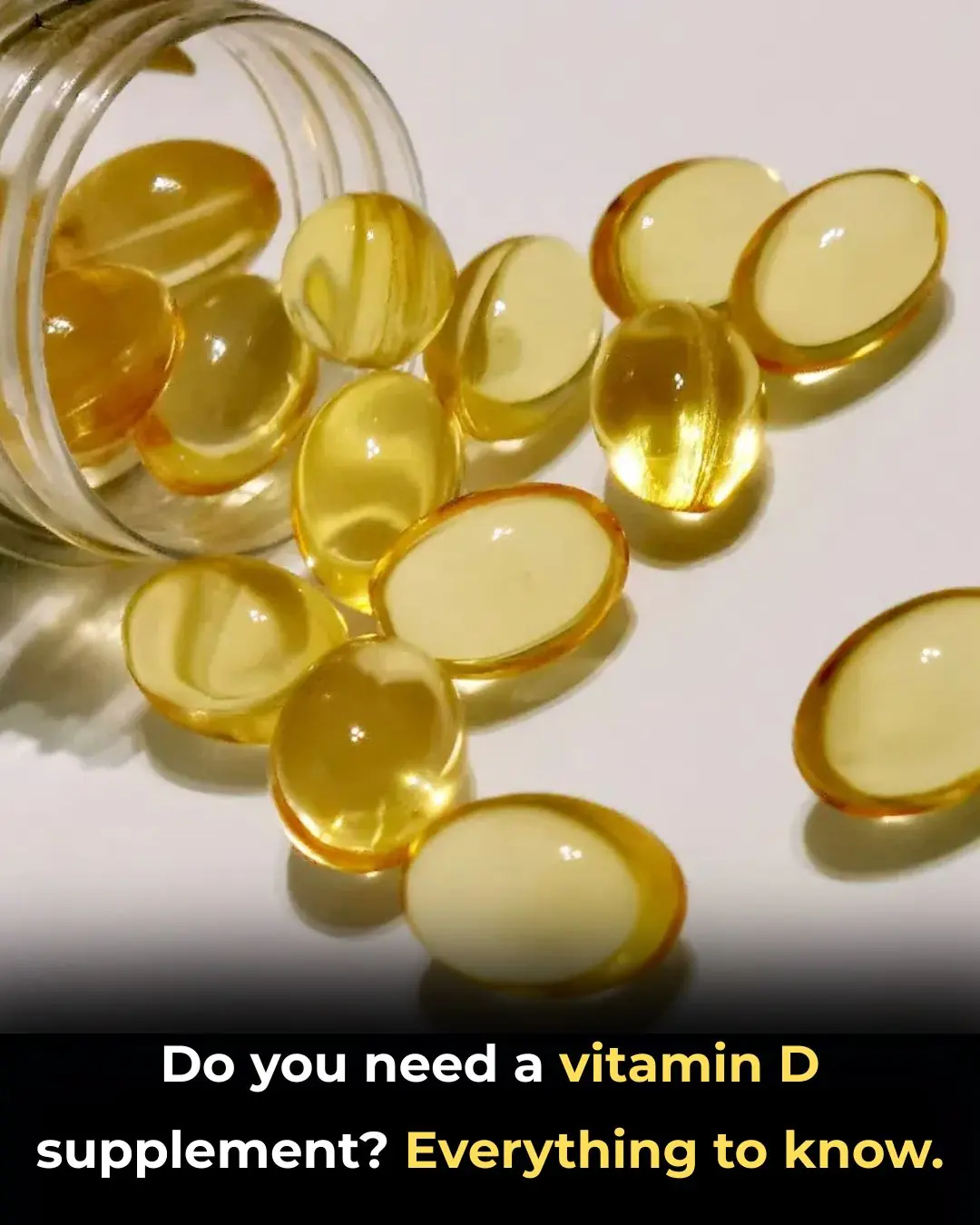
Do You Need a Vitamin D Supplement? Everything to Know

Why Does My Heart Hurt? Common Reasons For Heart or Chest Pain
News Post

Don’t Soak Frozen Meat in Cold Water: A Chef’s 5-Minute Thawing Trick That Keeps Meat Tasty and Nutritious

A Breakthrough in Glioblastoma Immunotherapy: Rapid Tumor Regression with CARv3-TEAM-E

Pomegranate Seed Oil Supplementation and Cognitive Improvement in Mild Cognitive Impairment

Selective Anti-Cancer Effects of Frankincense: Evidence from Laboratory Studies

Kimchi Consumption and Immune Balance: Evidence from a 12-Week Human Clinical Study

Selective Anti-Cancer Activity of Dandelion Root Extract in Colorectal Cancer

Inducing Lethal Autophagy in Glioblastoma Through Drug Repurposing

WHO Recommends GLP-1 Therapies for Obesity Management in Landmark New Guidance

mRNA Flu Vaccines Show Higher Effectiveness Than Traditional Quadrivalent Shots, Phase 3 Trial Finds

A cold draft keeps sneaking in under my front door, and the handyman can’t come until after the holidays. What can I do right now?

The 30-Minute Rule Everyone Needs to Know
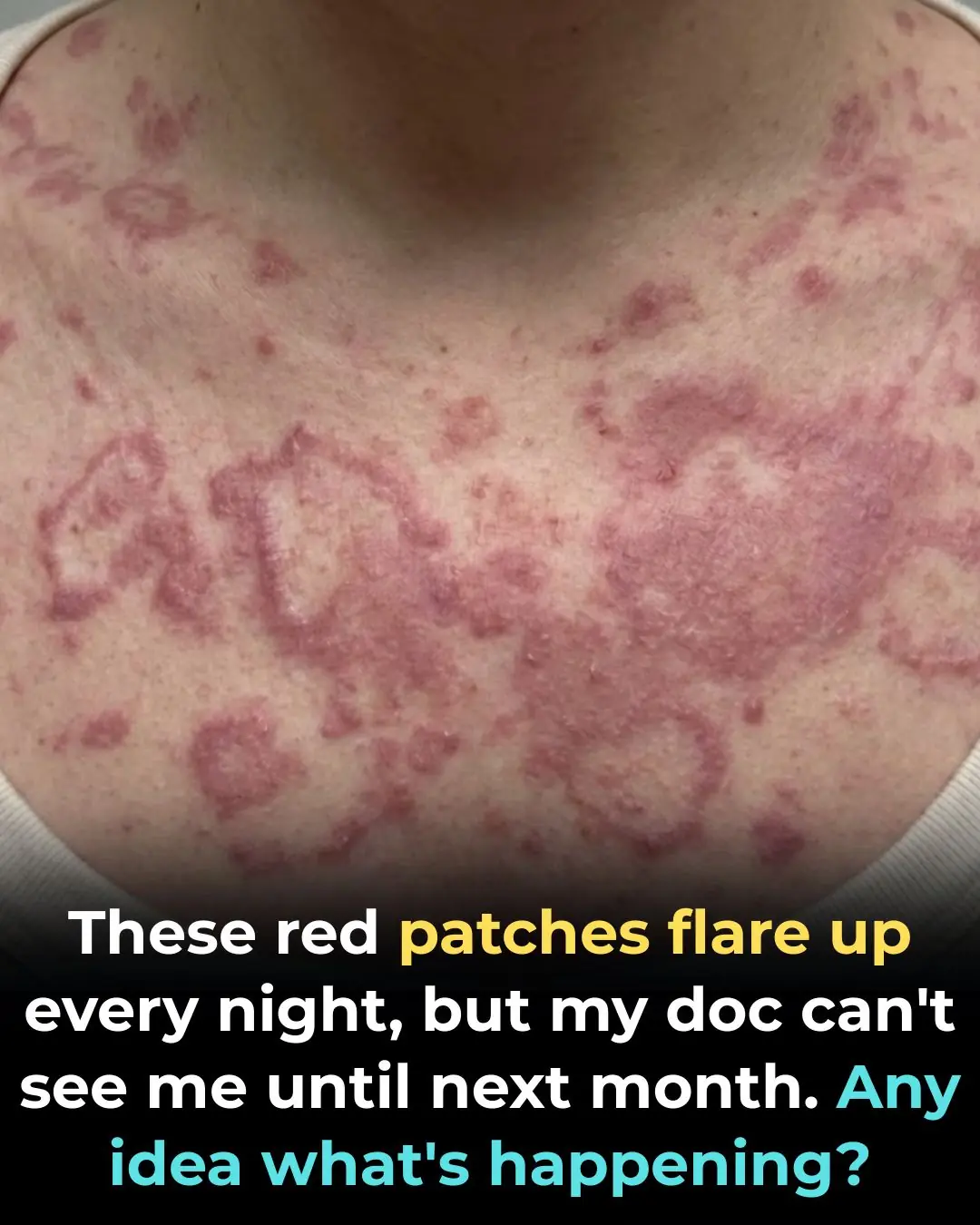
These red patches flare up every night, but my doc can’t see me until next month. Any idea what’s happening?

Early Signs of Multiple Sclerosis

11 Benefits of Going Caffeine-Free

5 Early Signs of Cervical Cancer That Are Often Ignored: 90% of Women Overlook Them

The Cheap Drink That Can Help Prevent Stroke, Reduce Blood Fat, and Fight Cancer

Bone-chilling 2025 predictions from both Nostradamus and Baba Vanga

2 quick and easy ways to wash yellowed pillow inserts, making them sparkling white like new in no time

Yellowed, burnt-on stainless steel pots will shine like new after soaking them in this water
